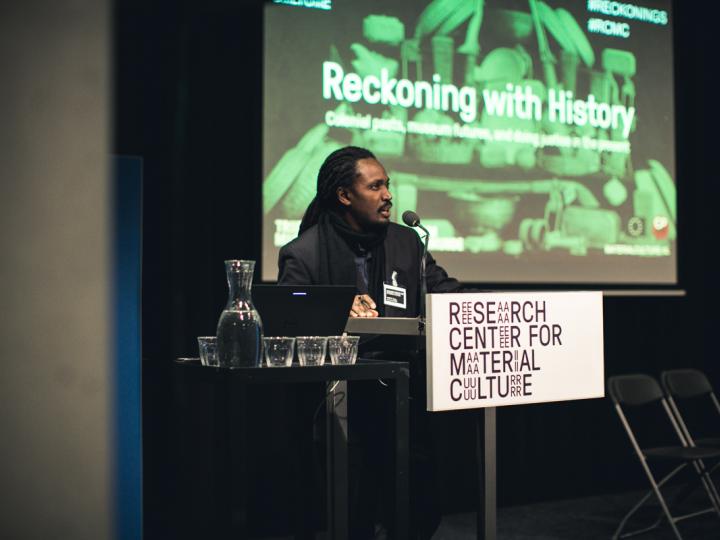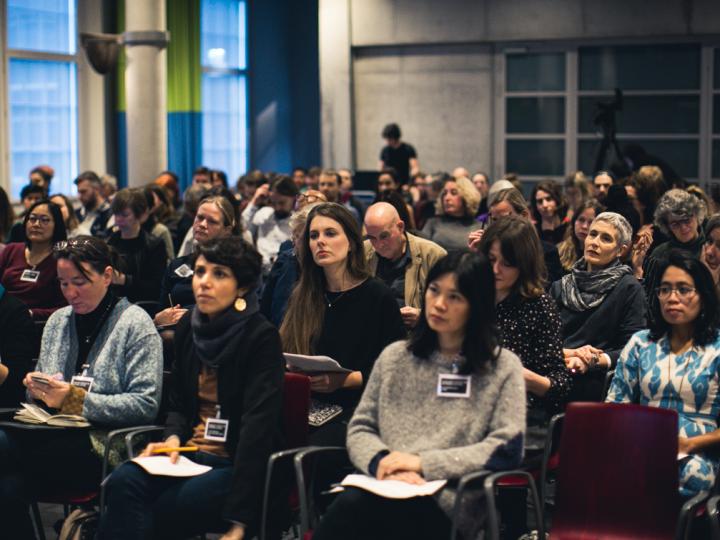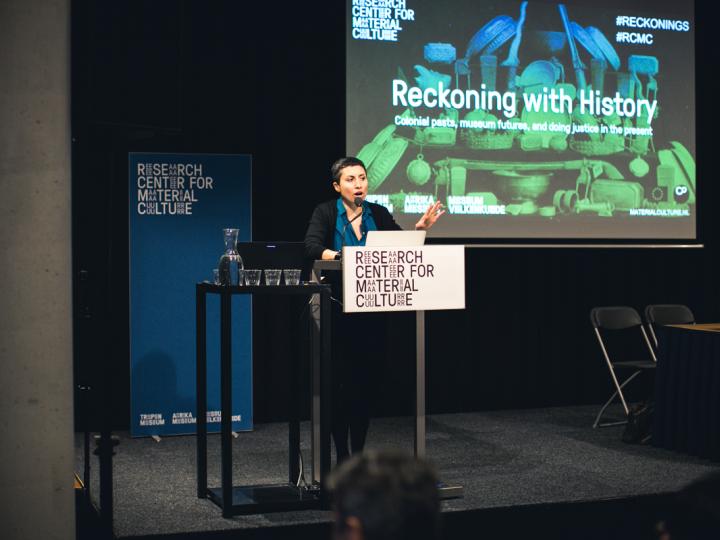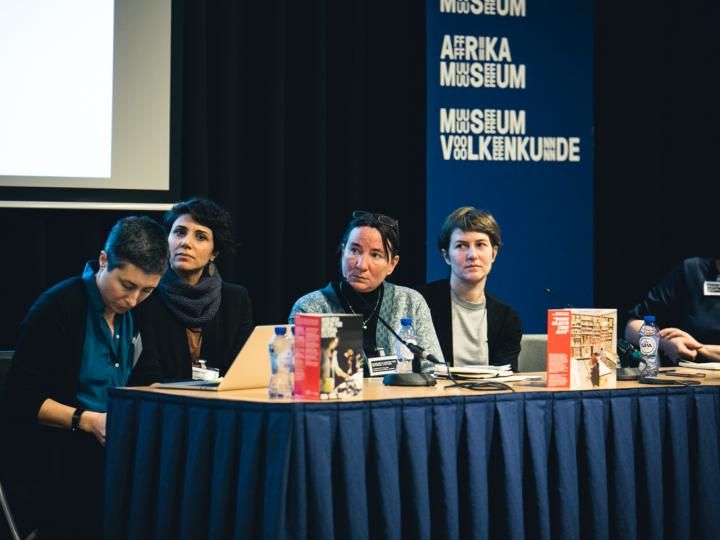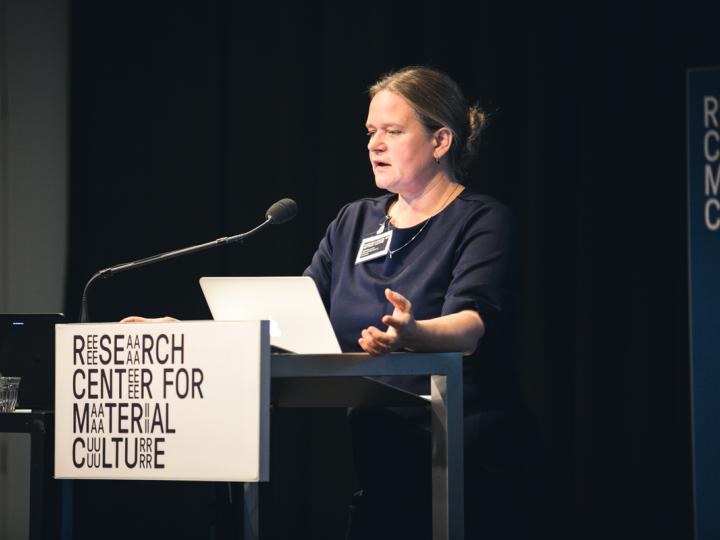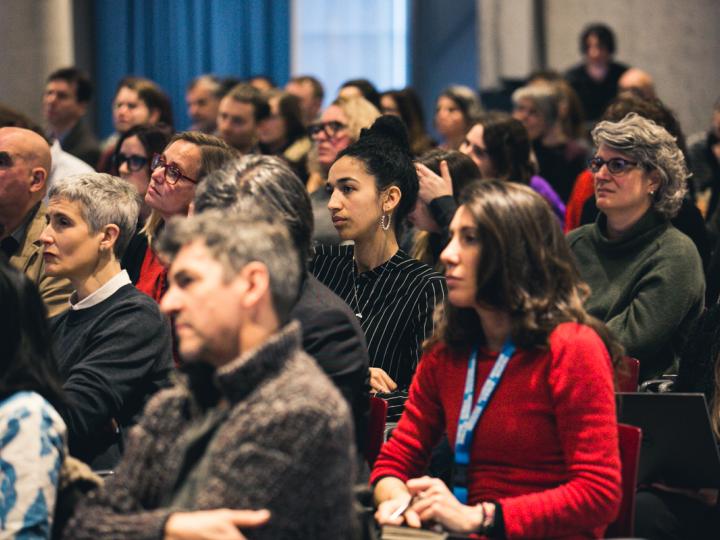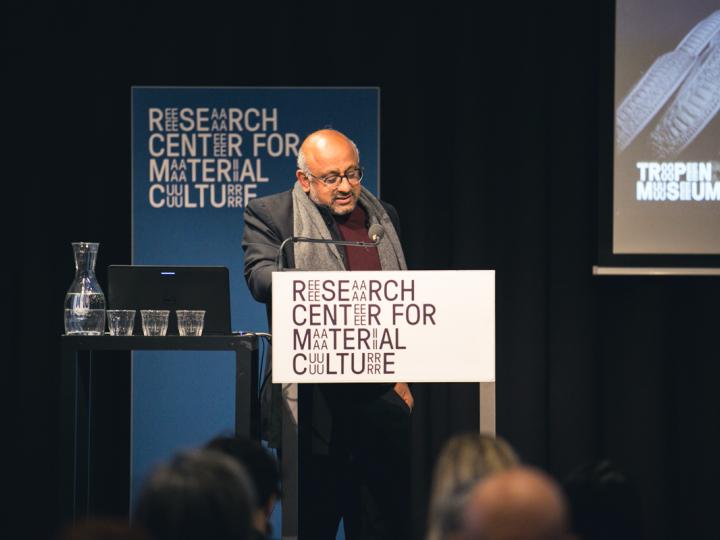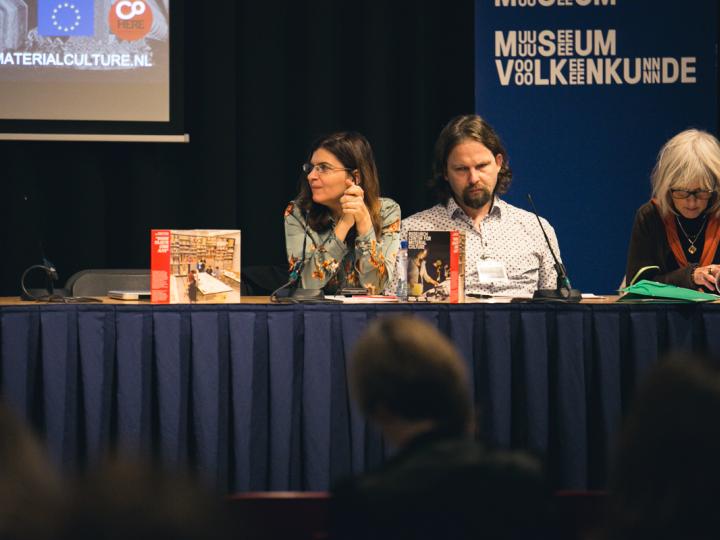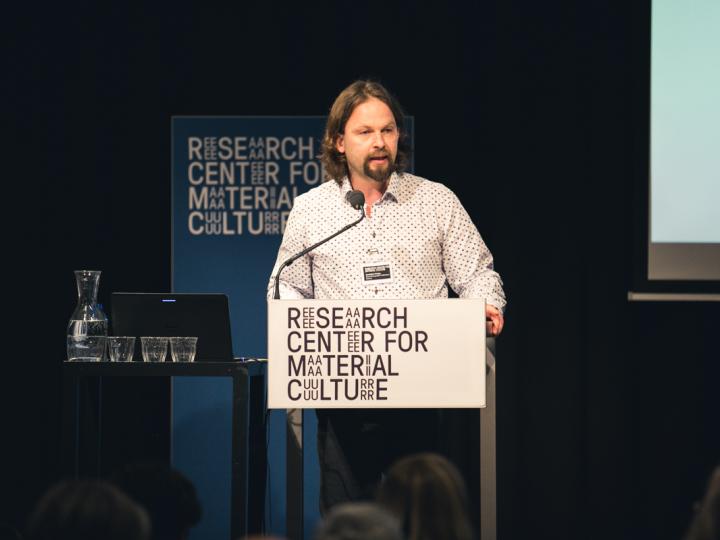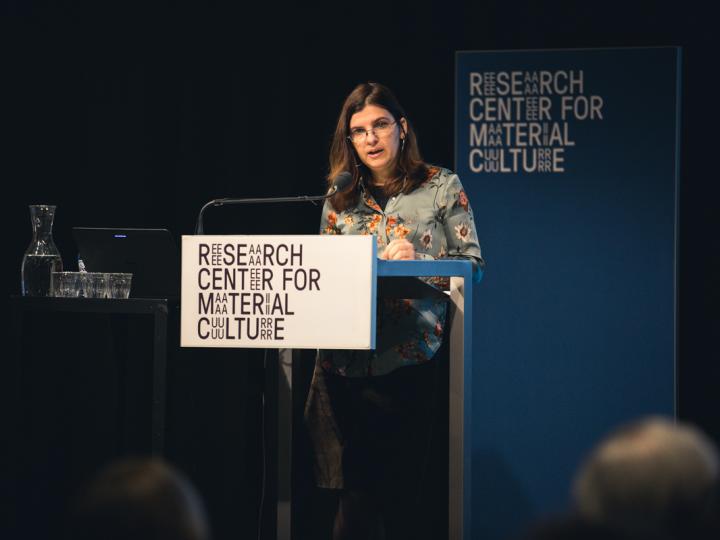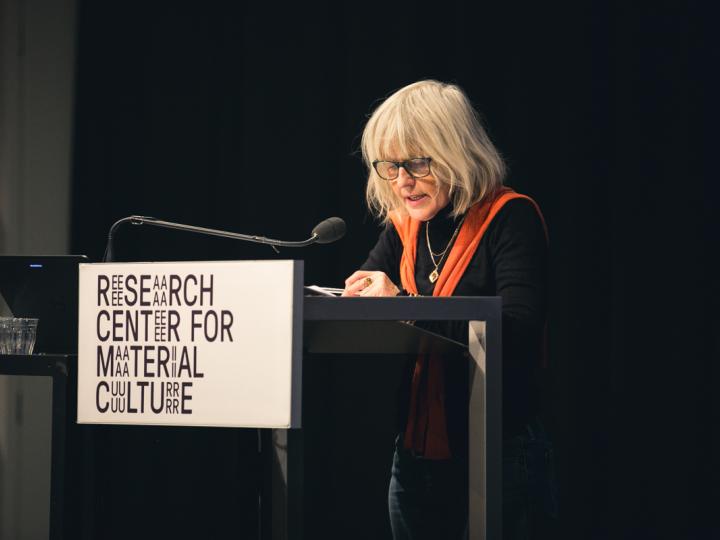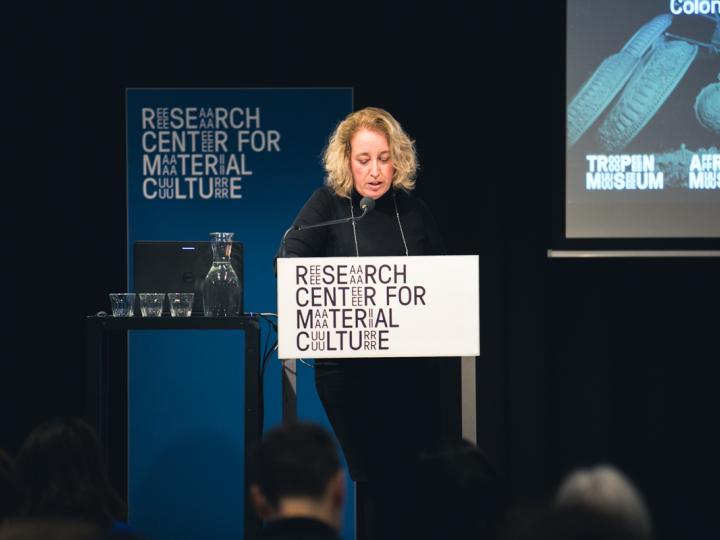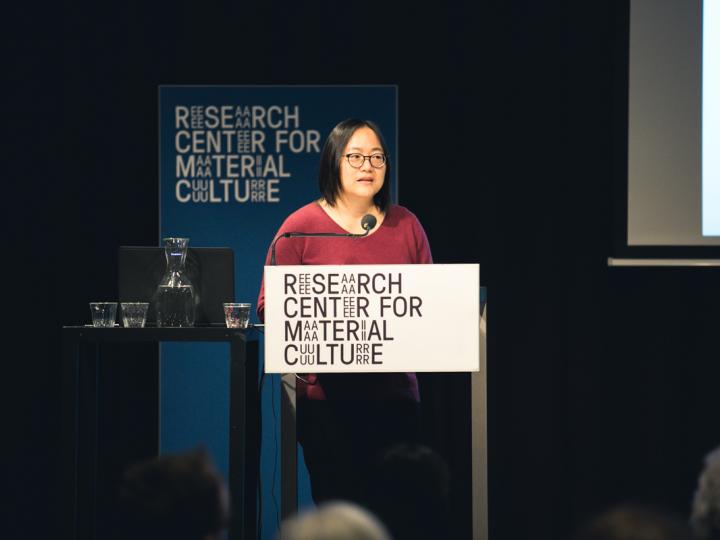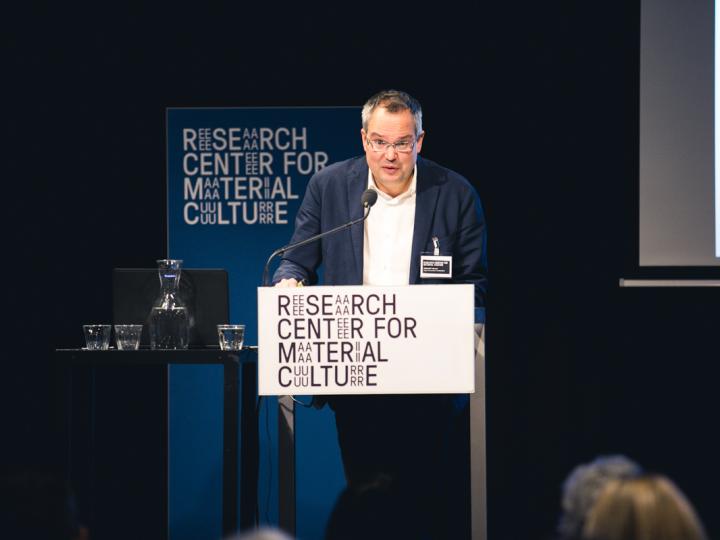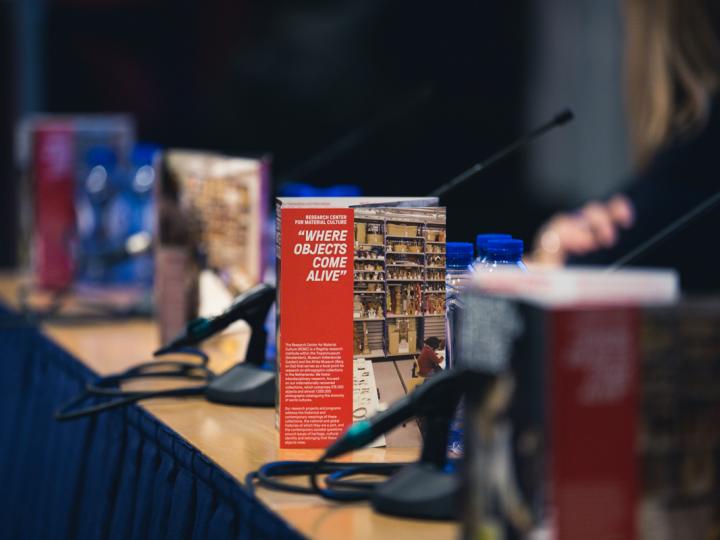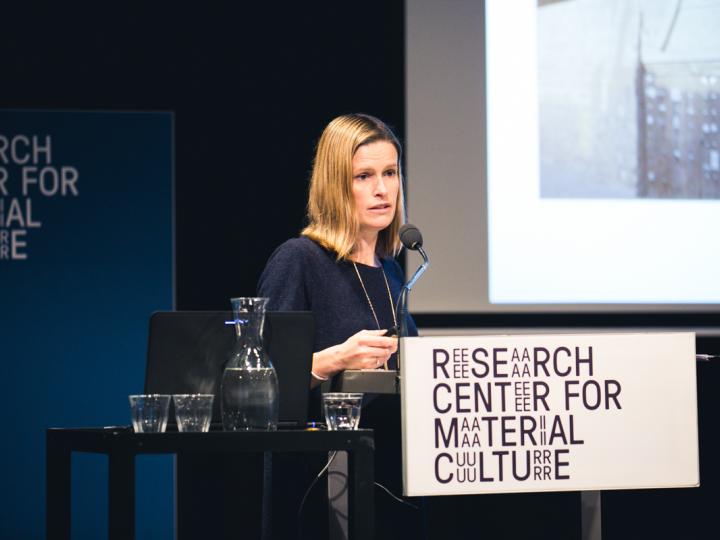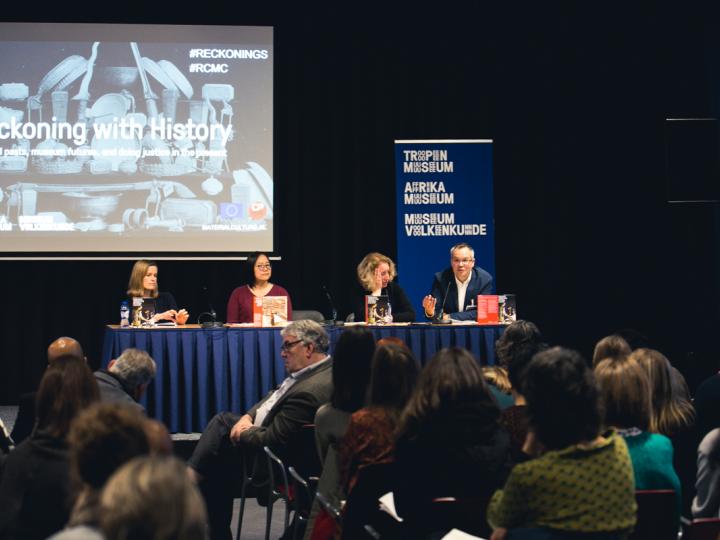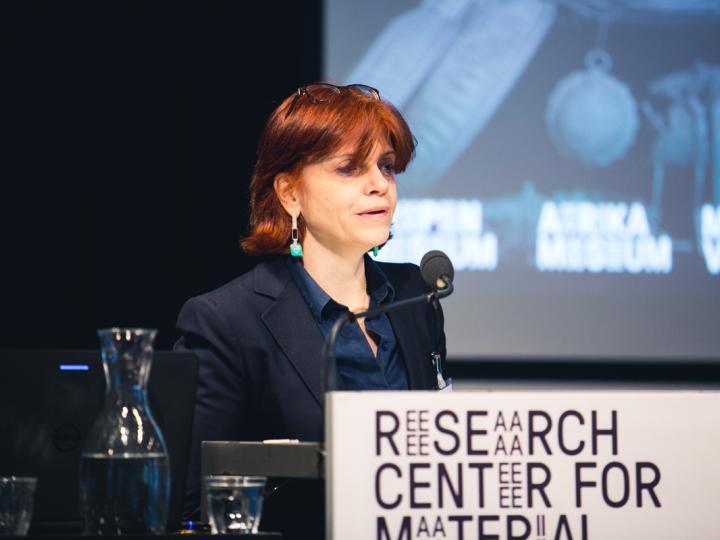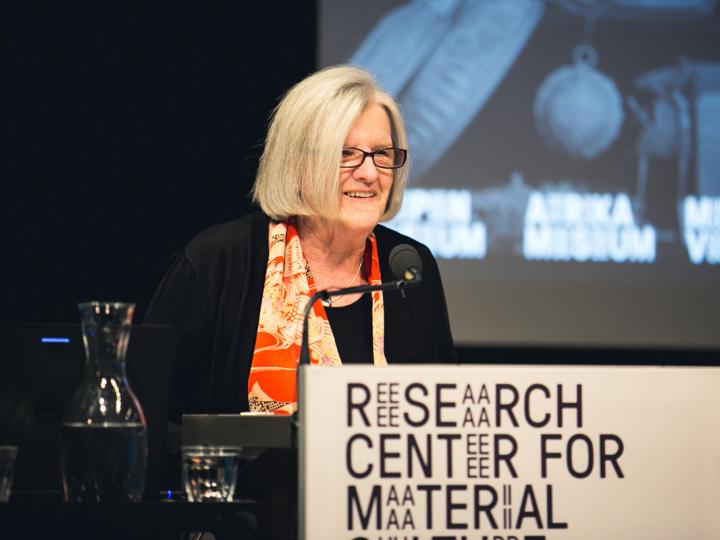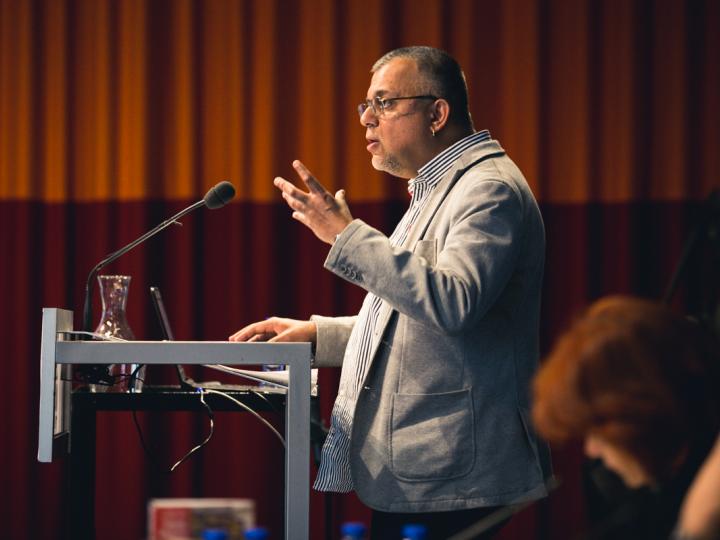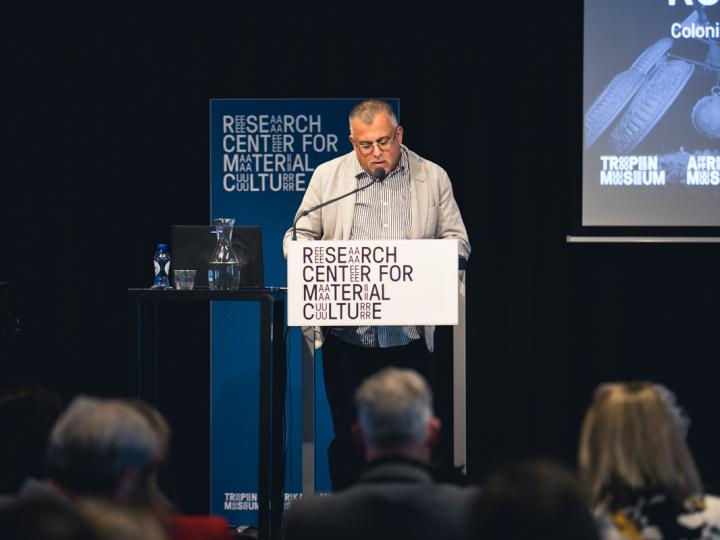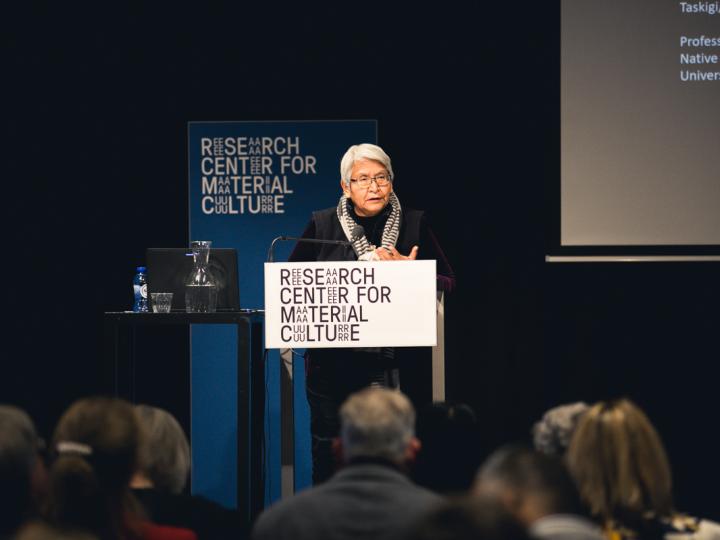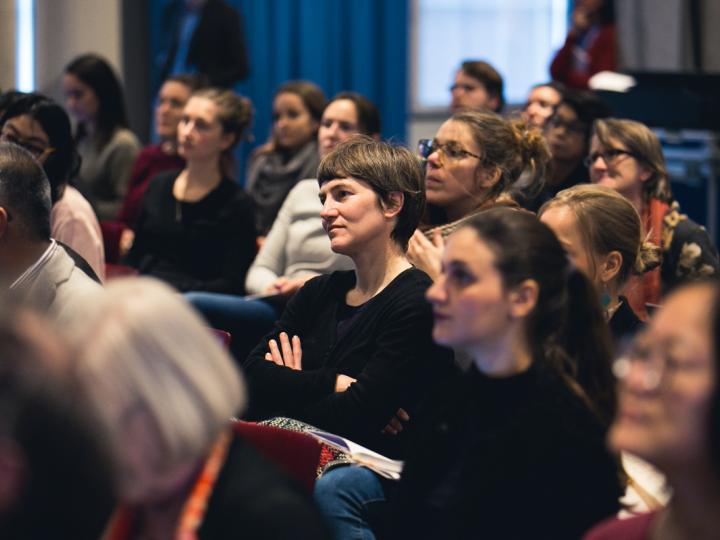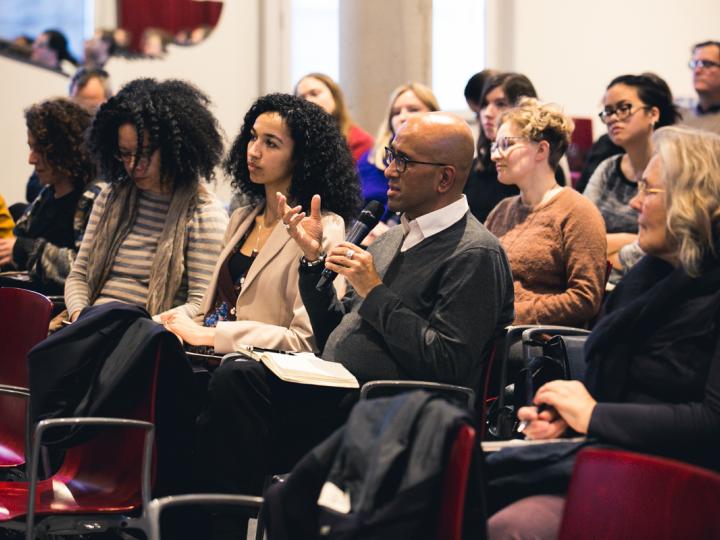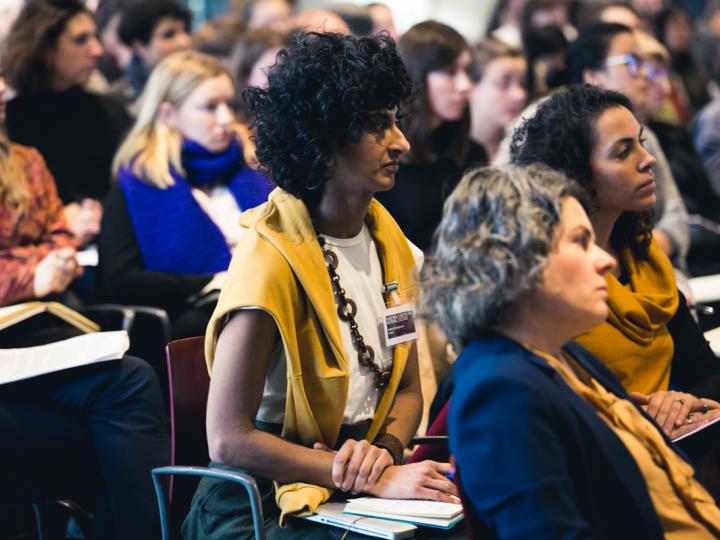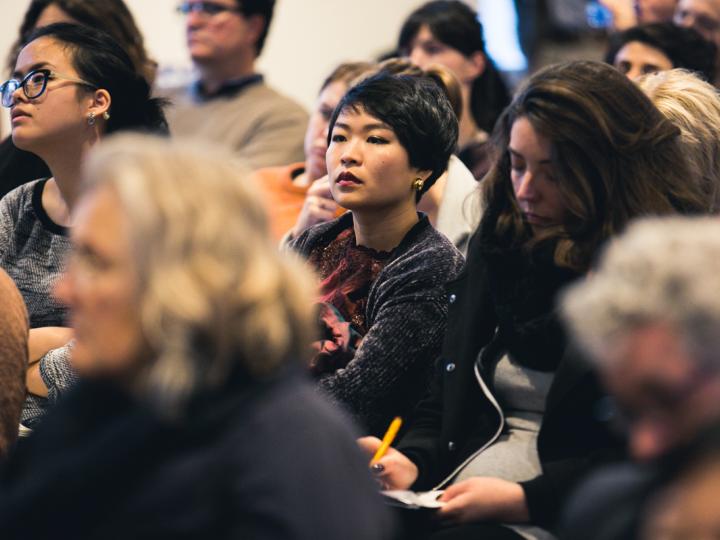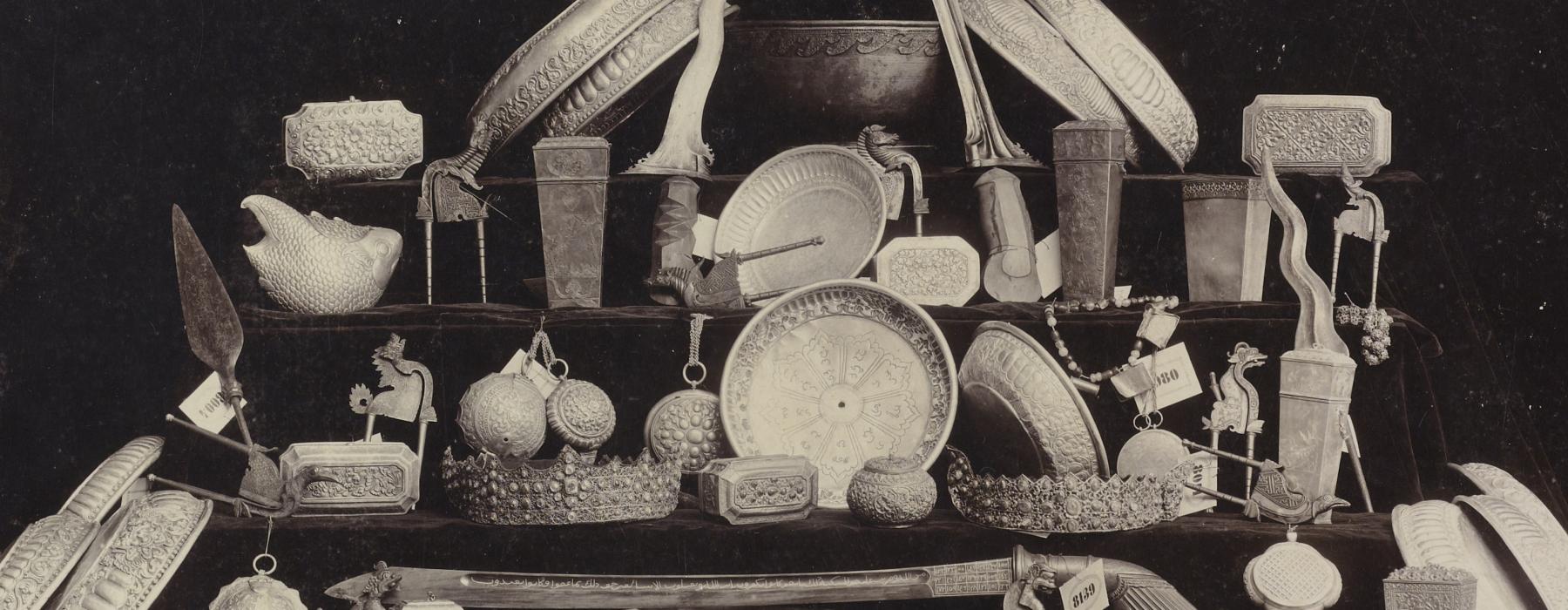
Under a simmering climate of pointed challenges to enduring structures, modes, and symbols of inequality and oppression, calls to decolonize institutions have become insistent. Ethnographic museums have not escaped such criticism. Viewed by some as being ‘too colonial’ to change, there have even been calls for their closure and the return of collections to originating communities. Here, one is reminded of Ann Stoler’s powerful argument that our current, differentially shared condition of ‘duress’ is largely imparted by an enduring ‘colonial presence’. This presence, she observes, overflows simple narratives of rupture or continuity with the past. Instead it persists insidiously, if partially, in operations and structures that efface longer histories of exploitation, inequality, imperialism and violence. It is these enduring presences within institutions that publics now protest.
What then is to be done about the (ethnographic) museum? Many museums now openly acknowledge their troubled historical constitutions and are working in earnest to contend with their pasts in order to better understand how to serve their diverse publics and endure into the future. But they have also actively sought to distance themselves from what they consider to be a ‘finished’ colonial history. In fact, it may be this implicit claim of colonial closure and rupture that has opened up museums to renewed accusations of being relics of and monuments to the very past they now disavow. Rather than insisting on what some would call a false break with the colonial, what if museums openly and critically attended to the ways in which they or part of their collections persist as a colonial afterlife? What future possibilities might this open up for museums, and the ethnographic museum in particular?
The collections themselves may suggest some of the most promising and also problematic areas for this kind of work to be wrought. The assembly of ethnographic collections has rarely been singular or straightforward; they trace various histories of global interaction - colonial, scientific, missionary and other - that have given shape to our present moment. Attending to these traces could be important for developing more historically contingent understandings of our present, particularly how we engage with the past in the present. Moreover, the ever insistent question of returning cultural objects reveals the complex, murky range of legal and ethical statuses conveyed by ‘the colonial’ with which we must contend: while some objects were acquired under clearly dubious circumstances, the majority were collected in ‘legitimate’ ways under colonial occupation as gifts or purchases, or through scientific study that conformed to the laws at the time. The question of how to reckon with the colonial in the present, then, also becomes a question of how to reckon with its enduring capacity to evade contemporary legal and ethical enclosure.
If we seek to refigure the museum and collections work in such a way that remains attendant to the ethical concerns of the present, then the museum must undertake a series of reckonings – with history, with colonial durabilities, and with a certain habit of looking away that can no longer be justified by a claim of innocence.
The 2017 Annual RCMC conference, Reckoning with History, therefore, will host a set of discussions around questions of how to imagine the future of ethnographic museums and collections in fashioning a postcolonial present.
